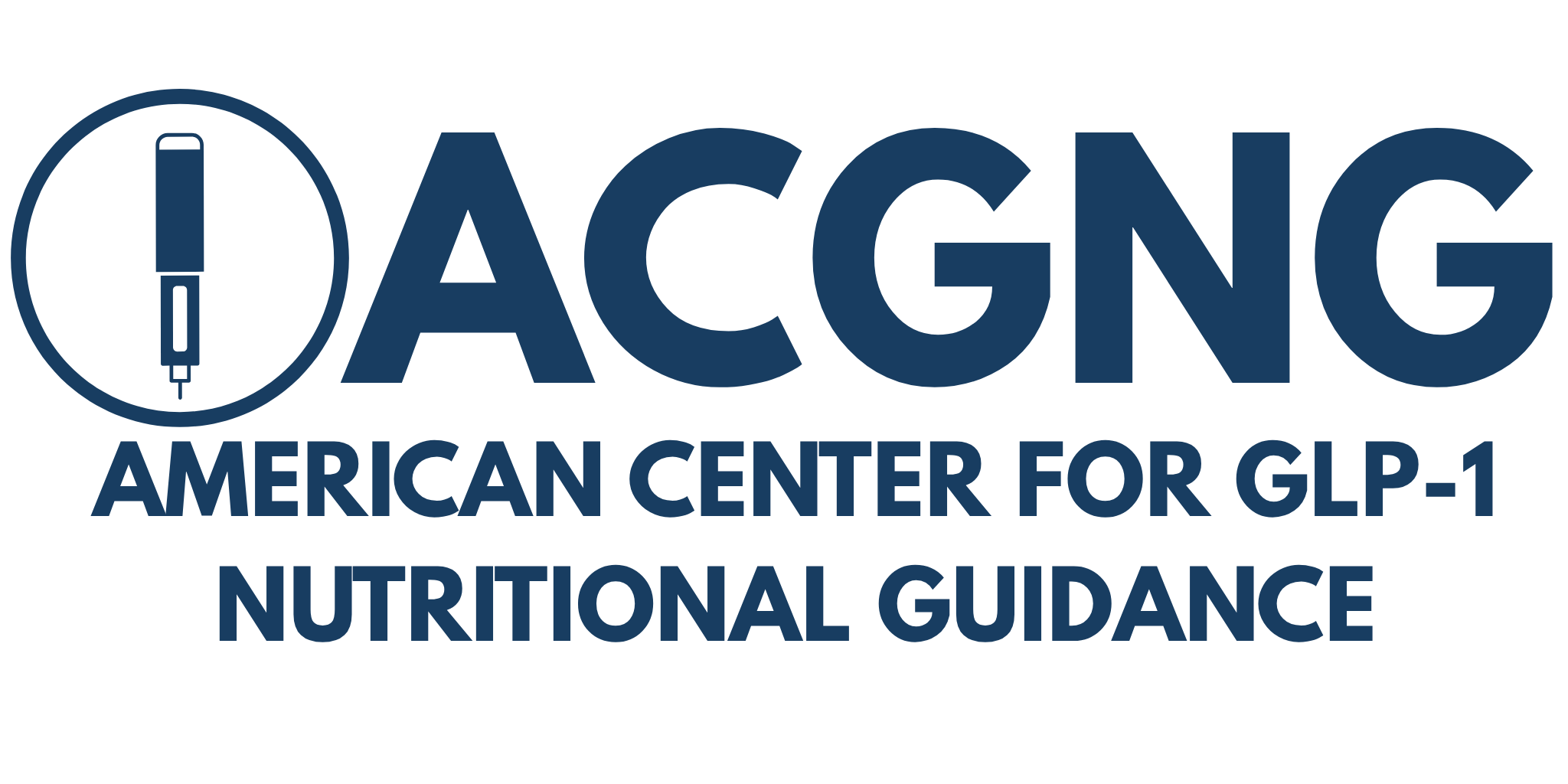What Is Lixisenatide?
Lixisenatide is a short-acting GLP-1 receptor agonist developed for improving glycemic control in people with type 2 diabetes. Marketed under the brand name Adlyxin (formerly Lyxumia in Europe), it mimics the GLP-1 hormone to help regulate blood sugar levels post-meal.
Mechanism of Action
Lixisenatide works by:
- Stimulating insulin release in a glucose-dependent manner
- Suppressing inappropriate glucagon secretion
- Slowing gastric emptying to reduce postprandial glucose spikes
- Promoting satiety and reducing food intake
Indications
- Adults with type 2 diabetes inadequately controlled with diet, exercise, or oral antidiabetic agents
- Can be used in combination with basal insulin or oral medications (e.g., metformin)
- Not indicated for type 1 diabetes or diabetic ketoacidosis
- Not approved for pediatric use
Dosage & Administration
- Subcutaneous injection once daily, ideally within one hour before the first meal of the day
- Initial dose: 10 mcg daily for 14 days, then increase to 20 mcg daily
- Administer in the abdomen, thigh, or upper arm
Benefits
- Reduces postprandial glucose excursions effectively
- Modest HbA1c reduction (~0.5–1.0%)
- Can support mild weight loss (~1–3 kg)
- Useful for patients who struggle with high after-meal glucose levels
Side Effects
- Nausea, especially at initiation
- Vomiting, diarrhea, and headache
- Injection site reactions
- Rare: pancreatitis, acute kidney injury in dehydrated individuals
Contraindications & Warnings
- History of serious hypersensitivity to lixisenatide
- Not recommended in patients with severe gastrointestinal disease (e.g., gastroparesis)
- Use caution in those with renal impairment
Clinical Evidence
- GetGoal Clinical Program: Series of trials demonstrated effectiveness in combination with metformin, sulfonylureas, and basal insulin
- Particularly strong impact on postprandial glucose, less on fasting glucose
- Lower risk of hypoglycemia unless used with sulfonylureas or insulin
Comparison to Other GLP-1 Agonists
- Shorter-acting than semaglutide, liraglutide, or dulaglutide
- Less effective for weight loss and fasting glucose reduction
- Better for patients with primarily post-meal glucose issues
Cost & Access
- May be covered by insurance for diabetes care
- Manufacturer support programs may be available
Summary
Lixisenatide (Adlyxin) remains a useful short-acting GLP-1 option for individuals focused on postprandial glucose control. Though less potent than newer agents, it is simple to use and can be effective in tailored treatment plans.
References
- Rosenstock J, et al. “Efficacy and safety of lixisenatide once daily in type 2 diabetes inadequately controlled on oral therapies: The GetGoal-Duo 1 trial.” Diabetes Care. 2013.
- Adlyxin Prescribing Information. U.S. FDA. Updated 2023.
- American Diabetes Association. Standards of Care in Diabetes—2024. Diabetes Care.
